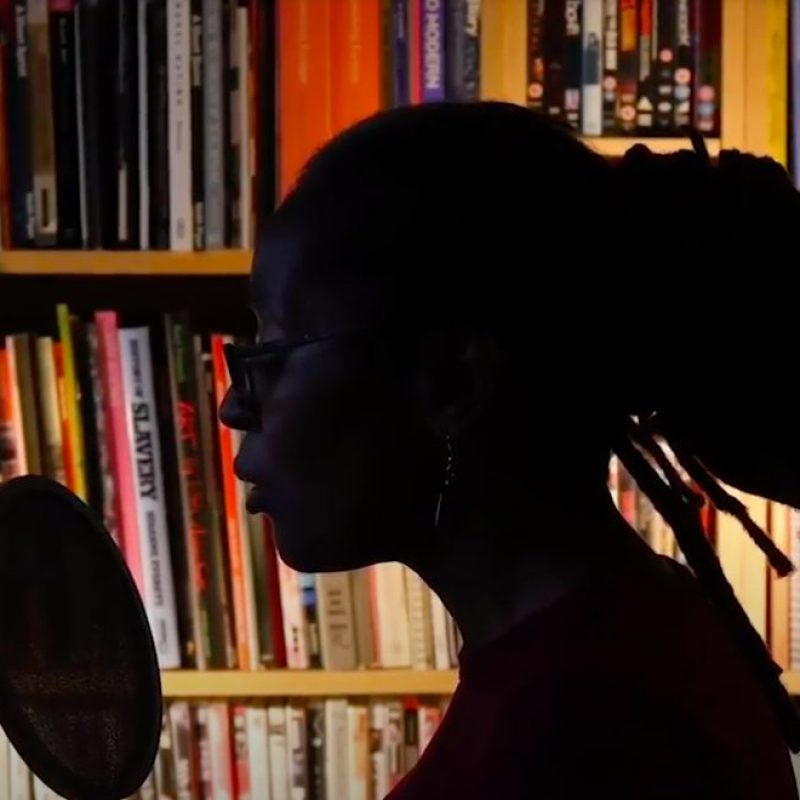For our current exhibition, Old Time Sayings, Panya Banjoko writes about the history and contemporary status of Jamaican vernacular. Panya Banjoko is a UK based writer, poet and PhD Researcher. Check out Old Time Sayings in The Window Gallery at City Arts. It runs until 3 March 2022.
…it may be English but often it is an English which is like a howl, or a shout or a machine-gun or the wind or a wave. It is also like the blues. And sometimes it is English and African at the same time.
Edward Kamau Braithwaite, 1984
Patois, Patwah, Patwa, Creole, Jamaican Vernacular, or ‘Nation Language’—as coined by Edward Kamau Braithwaite—are some of the terms used to describe the language that emerged out of many languages, and which was submerged by colonialists who insisted that the language of public discourse should be European languages—English, French, Spanish. Braithwaite defined patwah as ‘the kind of English spoken by the people who were brought to the Caribbean… the language of slaves and labourers…’ The central characteristic of patwah is orality; ‘it exists in the spoken word, based on sound’. Braithwaite discerned that people from the Caribbean ‘had to rely on their very breath‘ rather than on ‘paraphernalia like books, museums and machines’ and to depend on ‘immanence, the power within themselves, rather than the technology outside themselves’. What began as an underground language was, he judged, fuelled by a desire to ‘move into a system which more closely and intimately approaches our own experience’. 1
One leading supporter for the language was the late poetic activist and cultural historian Louise Bennett-Coverley (1919-2006). Bennett-Coverley rejected standard English in favour of patwah and campaigned for it to be recognised. She was fully aware of the impact of her choice asserting, ‘I have been set apart by other creative writers a long time ago because of the language I speak and work in’.2 She made clear that patwah was not ‘broken’ English and she persisted writing in dialect despite the opposition and used it as a way to hold her culture and to prize it. The success of patwah in reggae music and later ‘dub poetry’ in the 1980s has seen more open acceptance of the language and for many ‘dub poets’ writing in vernacular equated to a political stance.
Today patwah permeates the UK and crosses class lines in Jamaica and in 2018, for example, UNESCO added reggae to its ‘Intangible Cultural Heritage’ list and acknowledged, ‘Reggae was the voice of the marginalised… and the recognition of its contribution to international discourse on issues of injustice, resistance, love and humanity underscores the dynamism of the musical form’.3 What Braithwaite, Bennett, and others have highlighted is the question, what stories should be told and in whose voice?
- Edward Kamau Braithwaite, History of the Voice (1984; London: New Beacon Books, 2011), p.13, p.5, pp. 17-19.
- Louise Bennett and Dennis Scott. ‘Bennett on Bennett’, Caribbean Quarterly 14:1/2 (1968), p. 98.
- ‘Reggae added to UNESCO’s “Intangible Cultural Heritage” List’, at https://www.blackhistorymonth.org.uk/article/section/news-views/reggae-added-to-unescos-intangible-cultural-heritage-list/
